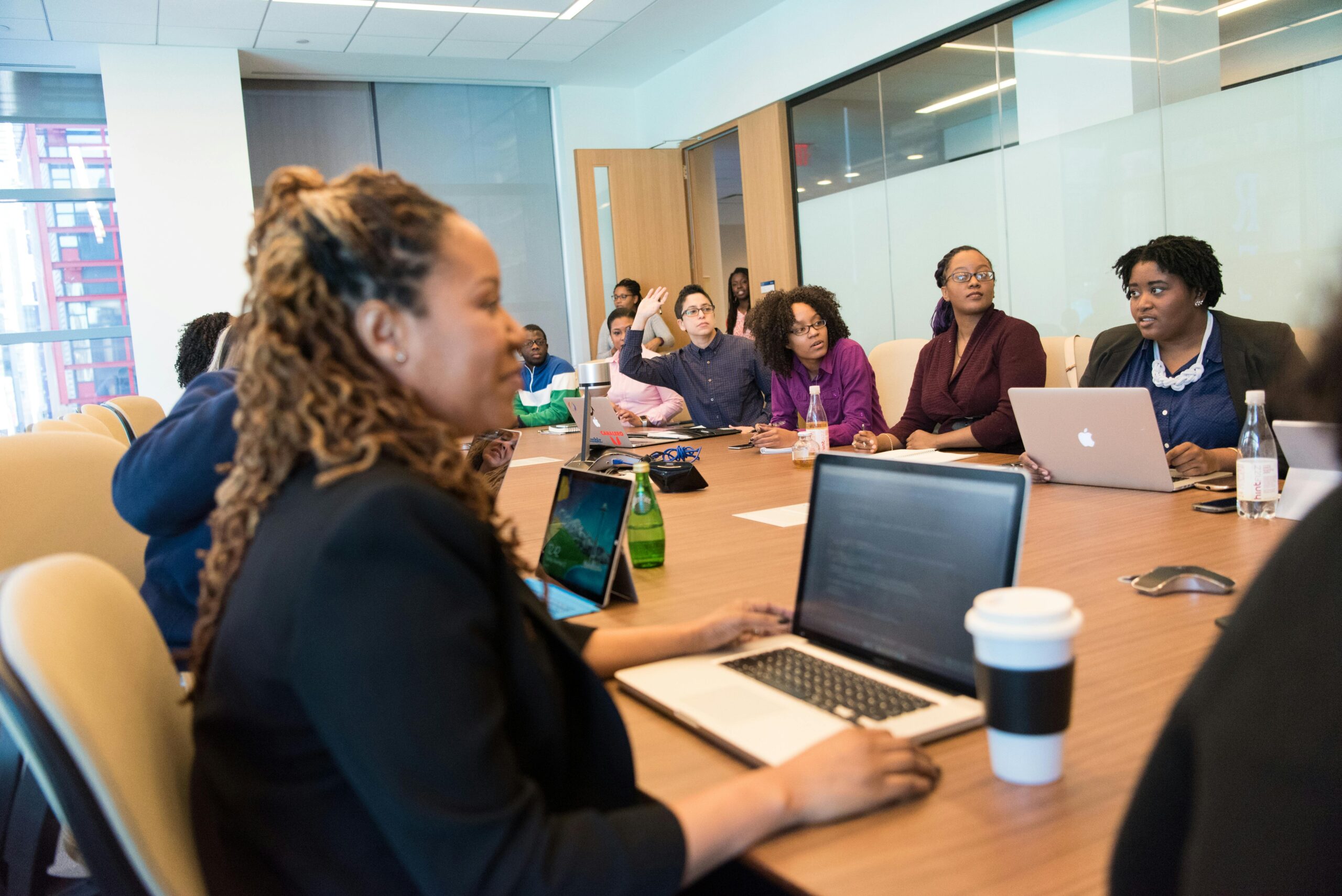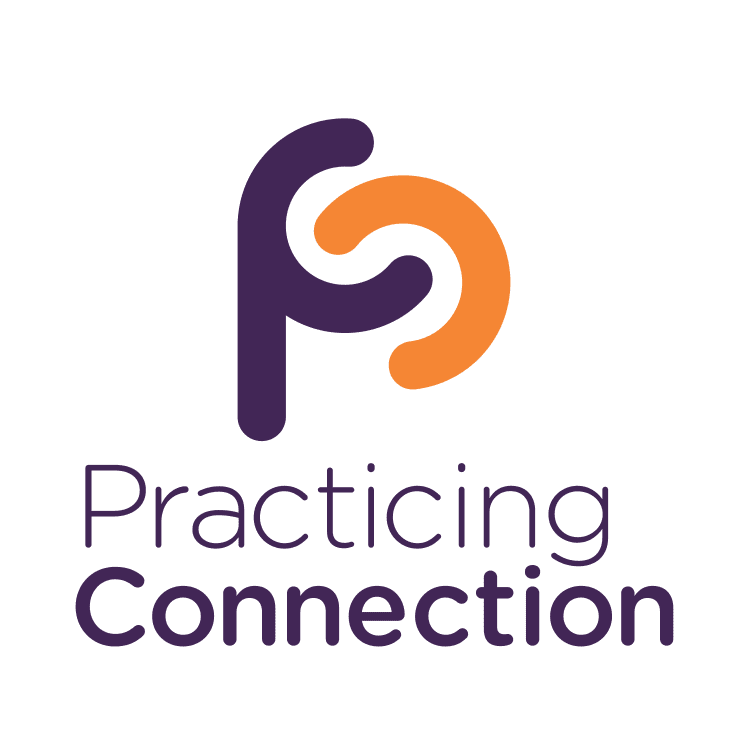Subscribe to the “Practicing Connection” monthly email to keep up to date on our latest podcasts, blog posts and workshops.
Join the “Practicing Connection Community” on LinkedIn. The community is designed for people who support military families in a variety of settings both on installations and in our communities.











